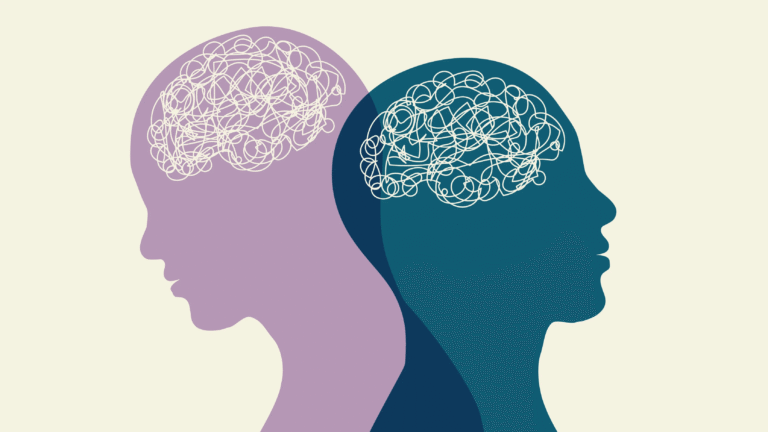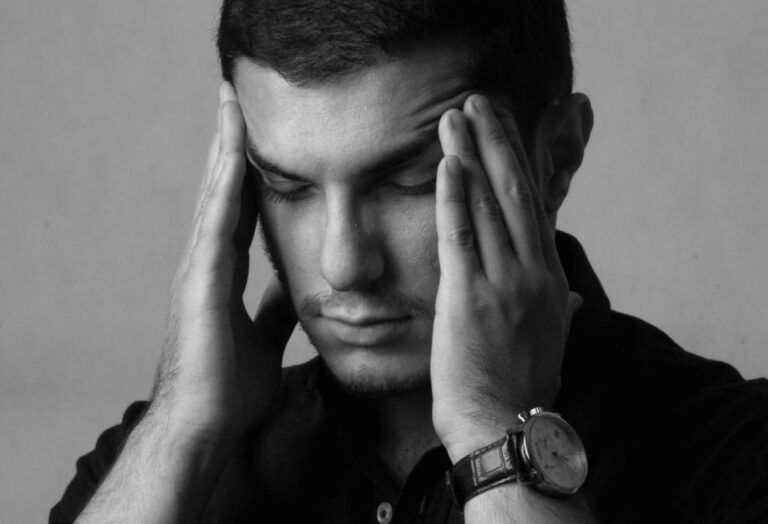Teenage is a very sensitive time when your child starts behaving like an adult but has not matured enough to understand the difference between what is good for them and what might hurt them in the long run. Since they are still young and lack rational thinking capacity, they are more susceptible to substance abuse than adults.
It is very common for your teenager to go out to parties and social gatherings and get exposed to drugs and alcohol. A sudden sense of freedom may trigger their curiosity and lead to them consuming a substance that they are not supposed to, and before they know it, they start developing a dependency on the substance. Does this sound familiar? However, this doesn’t mean that, as parents, you need to get paranoid about each social gathering they go to. But keeping an eye on who their friends are and what they do at these parties is very important. Signing your teenager up for a rehab program such as Resilience Recovery Resources is the best thing you can do if you resonate with the situation above. Apart from this, here are some other crucial things you must know about substance abuse among teens:
What Is the Root Cause of the Problems?
Experts believe that most teenagers start consuming drugs because of three major reasons:
- They lack self-respect
- They are pressured by their peers
- They experience bad parenting
Although this is a harsh reality, addiction is a complex problem, and most of the time, the environment in which the addict spends most of their time plays the most important role in pushing them towards addiction.
How to Identify Substance Abuse?
Recognizing substance use disorder in your teenager is very complex. Their cranky behavior might just be a sign of the hormonal and emotional changes they are experiencing in their lives. However, if you recognize most of the signs mentioned in the section below, it is time to get cautious:
Faced with problems with schoolwork: If they suddenly display disinterest in schoolwork or frequently miss homework, take it as a sign. Also, if their grades are starting to drop drastically, you need to be alert.
Experiencing physical issues: If your child is suddenly dropping weight, lacking the energy to perform their daily activities, or has red eyes, it is a sign of substance abuse.
Sudden change in their behavior: Is your child starting to behave differently with you? Are they starting to act secretive or bar you from entering their room? These are signs of substance use.
They are facing monetary issues: If they start demanding large amounts of money from you or you have experienced instances where they have stolen money from the home, you need to be cautious.
When to Seek Professional Help?
Now, if you see the signs mentioned above, it is about time that you get involved in an intense investigation. If you are sure that your child is addicted to substances, you might be wondering if it is imperative to seek professional help or if self-efforts will be enough. The answer is simple: if the drug use is out of control and causing severe problems, it is important to seek professional help as soon as possible. Here is how you can approach them:
Plan your actions: Coming to terms with the fact that your teen is addicted to drugs can bring out a lot of emotions. Before you confront your child, make sure you have planned out the conversation and set a goal.
Encourage honesty: When you finally sit down to talk with your child, encourage honesty and make them feel safe. Moreover, keep calm and try to express your concerns without sounding too authoritative.
Get professional help: Depending on the situation, you can admit them to an intensive residential or outpatient program. No matter which treatment plan you sign up for, ensure you find a good facility that encourages them to adopt a healthy lifestyle and avoid relapses.
Conclusion:
Finding out that your child is addicted to drugs is surely a difficult time for you as a parent. Although you are bound to experience a lot of emotions, it is essential to stay calm and take a rational approach that will encourage your teen to confide in you and overcome their addiction successfully.













